Reflection for Christ Church Uniting, 10 March 2024
with Matthew 16:21–23 and ‘Wandering Heart’ by A Sanctified Art
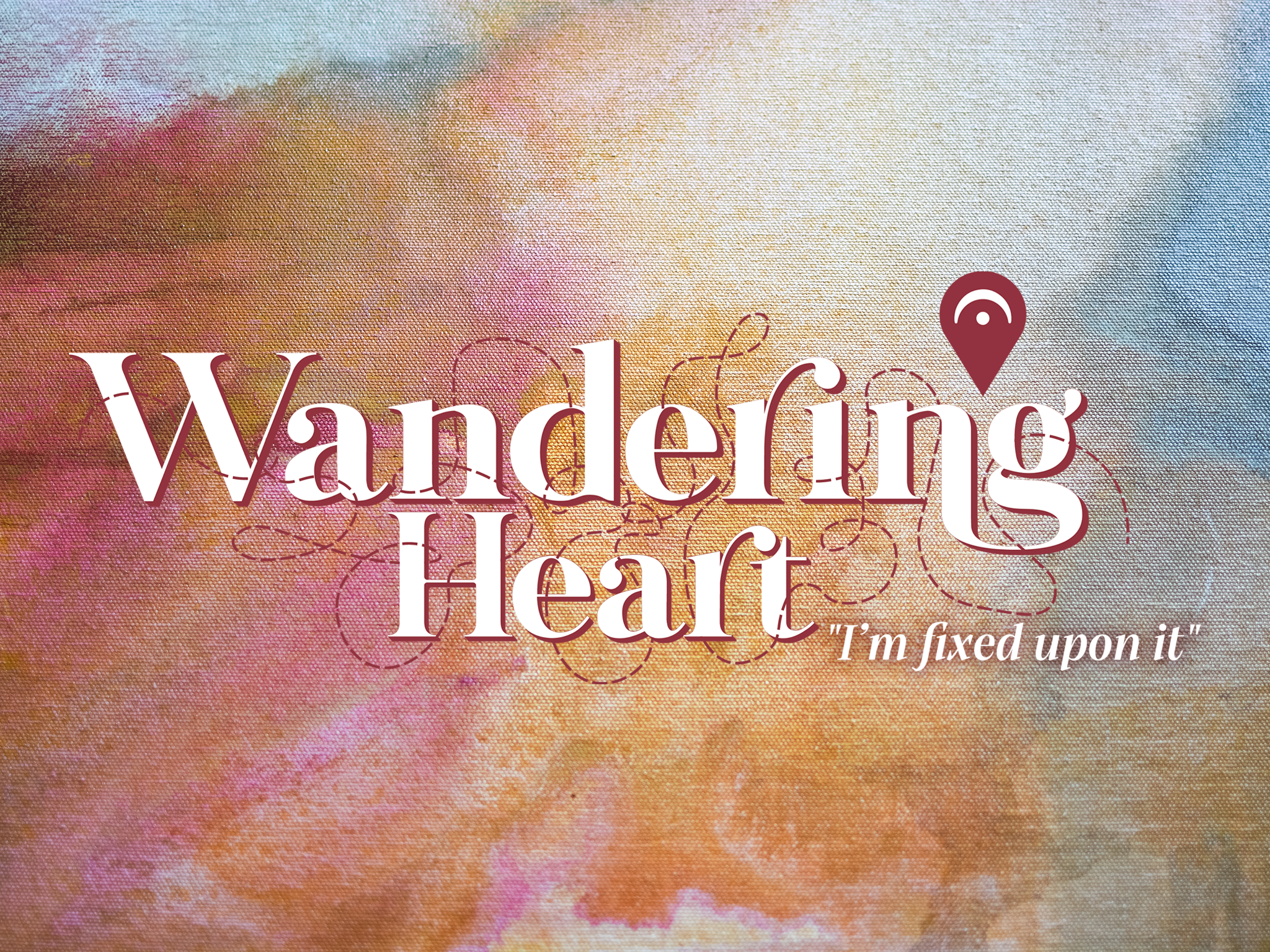
Hesitation
Again, we hear from Hannah Garrity: Peter ‘worries about human things. How weighty and legitimate those things feel.’
Jesus ‘does not blame Peter’ for his ‘No.’ ‘Instead, he calls out [the Accuser – hasatan in Hebrew – ] from within his friend.’ The same one, perhaps, who tried to tempt Jesus from his Holy path to riches and glory of earthly making, early in Jesus’ earthly ministry.
The two episodes that Wandering Heart separates for distinct conversations last week and this might together echo, reflect, remind us of the curious incident of a walk on water in the night time from Lent 2.
Peter’s bold trust – you can make me walk on water
Then the hesitation – a gust of wind to knock his stability
Then trust again – you can help me, save me
He feels unsure, but trusts Jesus even so, the doubt not opposite to the faith, but perhaps somehow part of it.
Doubt, hesitation, misgivings, suspicion, scepticism – these are all part of the discipleship process, steps on our way into deeper understanding. Various sciences show us that knowledge and understanding begin with questions to explore, mistakes to make, uncertainties to investigate.
In Judi Dench’s reflections on a lifetime playing roles in Shakespeare’s plays, she notes that through the playing with a story and a part, the exploring, the investigating, the provoking and poking to see what’s possible and what is not – the mistakes bring a certain magic of their own. Growing insight and learning, and growing trust between the players as they explore their questions together.
If we are so sure, too certain, we will not look further than what we know now, and we will not grow. If we are not growing, we are not living. And the Way of God is a way into fuller life – so of course it involves questions, doubts, uncertainties – and a courageous curiosity and openness to not knowing, a willingness to fall because we trust the One who is with us.
To return to the echoes between episodes in Peter’s story:
As Jesus approaches the disciples on the water:
Peter’s bold trust – you can make me walk on water
And Jesus meets Peter’s trust with trust – go on, then, come out onto the water with me
Then the hesitation – a gust of wind to knock his stability
Then trust again – you can help me, save me
In this week’s story, Peter has had that breakthrough moment of clarity:
Bold affirmation – you are the Messiah, Son of God
Jesus meets Peter’s affirmation with affirmation – you are open to Divine revelation
Come out onto the water with me, Rock on which the community will build
Then the hesitation, when the wind blows a promise of death to unsettle him
Expectation
You see, ‘Messiah’ comes with expectations
There seems to have been a common thread through the various traditions that the Messiah would bring about social and political revolution; would liberate the nation, the people of God, from under foreign rule again.
We were wondering in the study group on Thursday about Jesus’ command to the disciples not to spread it about that Jesus is the Messiah.
If the masses heard that Jesus is Messiah, and these expectations of revolution were ignited, perhaps the people might gather arms and storm the city. Revolution must have been stirring in some quarters already, for within 40 years of Jesus’ death, the people rose up in an attempt at revolution. This experience recent for the community with and for whom Matthew’s gospel account is shaped.
If they had mobilised around Jesus, the message he had to announce – for spiritual and social revolution, would have been drowned out, flat out contradicted by the people’s actions.
For though he was, he was not the Messiah they were looking for.
Clearly, for Peter, suffering at the hands of the community’s leaders, being put to death, and coming back to life were not part of the expectations he held for the Jewish Messiah.
He is not going to be a soldier leading a revolutionary force, riding on a horse in armour
Jesus will bring his revolution of love and peace with an entrance on a donkey, heralded by tree branches of praise rather than trumpets of war
Not lifting a sword, Jesus will himself be lifted up on the most brutal instrument of murder.
He will not ‘win’, but suffer humiliating, dehumanising, defeat
Of course Peter hesitates.
Jesus, you’ve just told me I’m right, you are the Messiah, the one we’re waiting for, our hope, anointed son of God.
And now you tell me I’m wrong to think going to your death should not be part of the plan; wrong to expect defeat is not our goal. You’re saying we’re not going to fight??
Of course he doesn’t understand.
Condemnation?
And I want us to hear again the insight of Hannah Garrity:
Jesus calls out the Tempter influencing Peter in the seeking to turn Jesus from the Holy path.
Peter is not rebuked for doubting.
The Tempter is rebuked for disrupting Peter’s openness to Divine revelation.
For Garrity, Jesus does not condemn Peter for his hesitation, for his doubt.
Pause
What sort of difference does this make to our understanding of this disciple? Of this moment?
What sort of difference does this make to you? To any guilt or shame you might carry for doubts you have felt or feel, have given voice to or kept hidden?
In my encounters with many people in many places over the years, I have heard from life-long members of Christian community who almost whisper with trepidation a confession:
I have changed my ideas about God
I don’t know what I believe any more
I can’t sing this hymn or say that creed
Am I a bad person? Is the implied further question
Can I still belong here?
Will I be rejected by my community, by God?
Liberation
I say again: We can receive this story as Jesus not condemning Peter for his doubt.
Jesus may not judge him in the water, either, by the way.
You of little faith – yes, it is small: but you of some faith. And some is enough, my friends.
What if Jesus does not offer censure in that statement, but encouragement – it’s a step, you’ve taken, keep going; this is hard, what I’m teaching, you’re going to need to keep exploring, keep growing
A little faith was enough to get Peter out of the boat
A little faith was enough to turn him to Jesus for help when the wind picked up
A little faith is enough for psalmists who cry out to God where are you, when they’re not even sure God is, let alone, if God is here anymore
A little faith is enough to speak honestly our confusion, our fear, our devastation at the thought of Jesus going to his death
A little faith is enough to provoke more questions, more growing, more understanding, more faith and faithfulness
So what about us, with a little faith?
Faith enough to proclaim Jesus is the Human Holy One, God with us, hope, and peace, justice, and life?
Faith enough to be open to Holy One, to Divine revelation, to see glimpses and glimmers of the Sacred around us?
Faith enough to name it – to speak of it as we speak of the weather – ‘early and unprompted, comfortable and unashamed’ as Sarah Speed writes in her poem ‘Praise the Mount’ for Lent 3.
Faith enough to live it?
Like the Environmental Action Group asking schools to deepen their commitment to education about the environment, seeking opportunities to partner in action to care for the Earth God gives us?
Like the Progressive Christianity Network provoking, exploring, reimagining the Story we inherit for these new times, open to the Divine speaking to us and through us with new insight, even if it unsettles us from our long-held expectations?
Like the luncheon groups and craft groups, the pastoral carers, friends, and study groups, who speak of the every day together and, I hope, of the numinous, of the depths of life in its mystery and wonder, of the bold faith that includes doubt, hesitation, curiosity, growth?
A little faith is enough, friends. Enough to keep turning towards Jesus, with our trust and our questions.
I finish with the poem for this week from Sarah Speed, ‘Open hands’
We are born with the ability
to wrap our fingers around another,
to hold tight to what we know.
Maybe that’s where the instinct comes from –
this clinging,
this sinking,
this holding on.
Maybe that’s why Peter cries, “Never!”
when Jesus must leave.
From the very beginning
we’ve known how to hold tight.
So I pray:
open up my hands.
Uncurl my fingers
one by one.
Loosen the grip
that I hold unyielding.
Remind me that birds must fly
and children must grow
and leaves must fall.
And even though
we are born with the ability
to hold tight,
we can learn how to love
with open hands.
Amen.
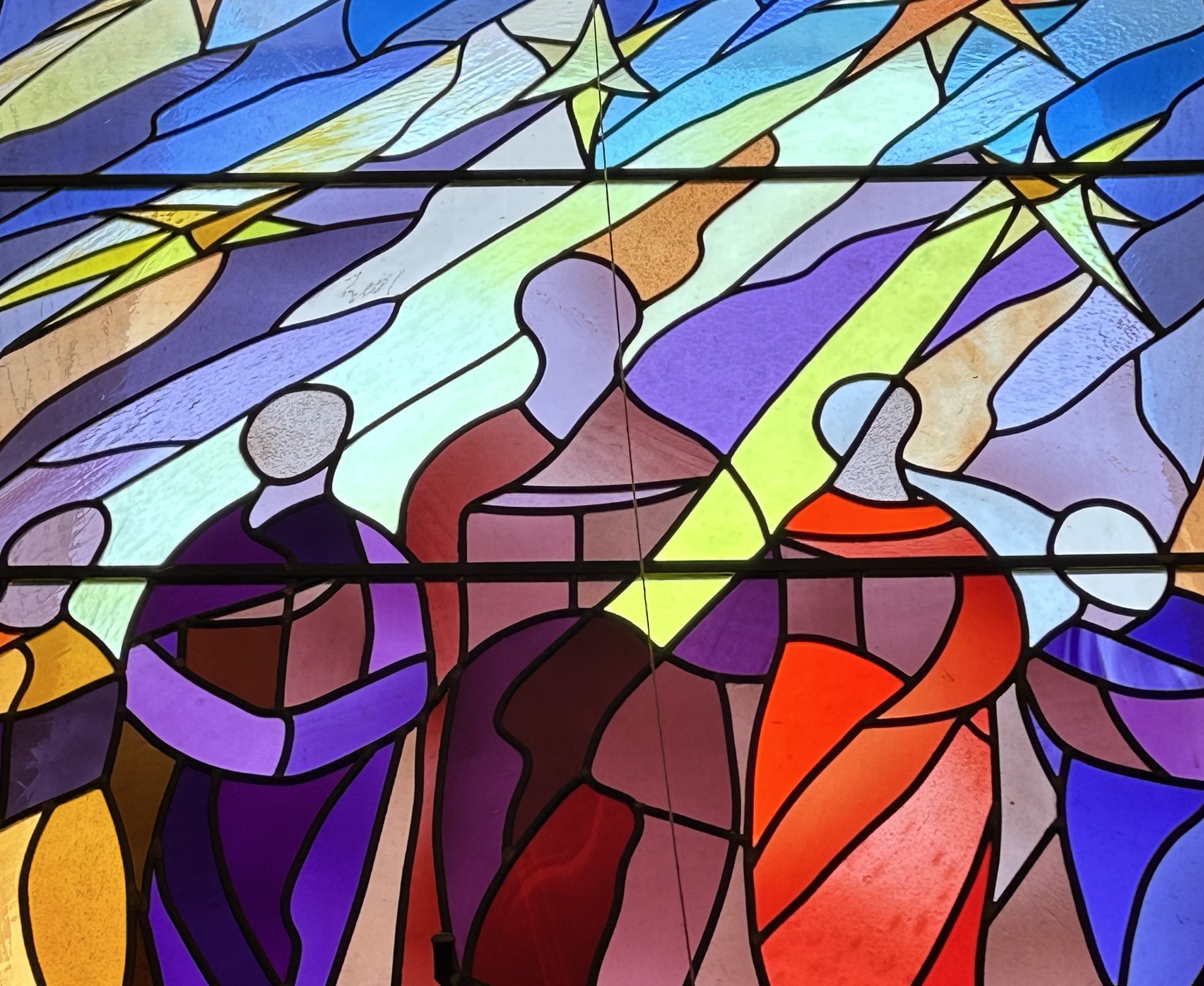
Learn more about Christ Church Uniting, Wayville.

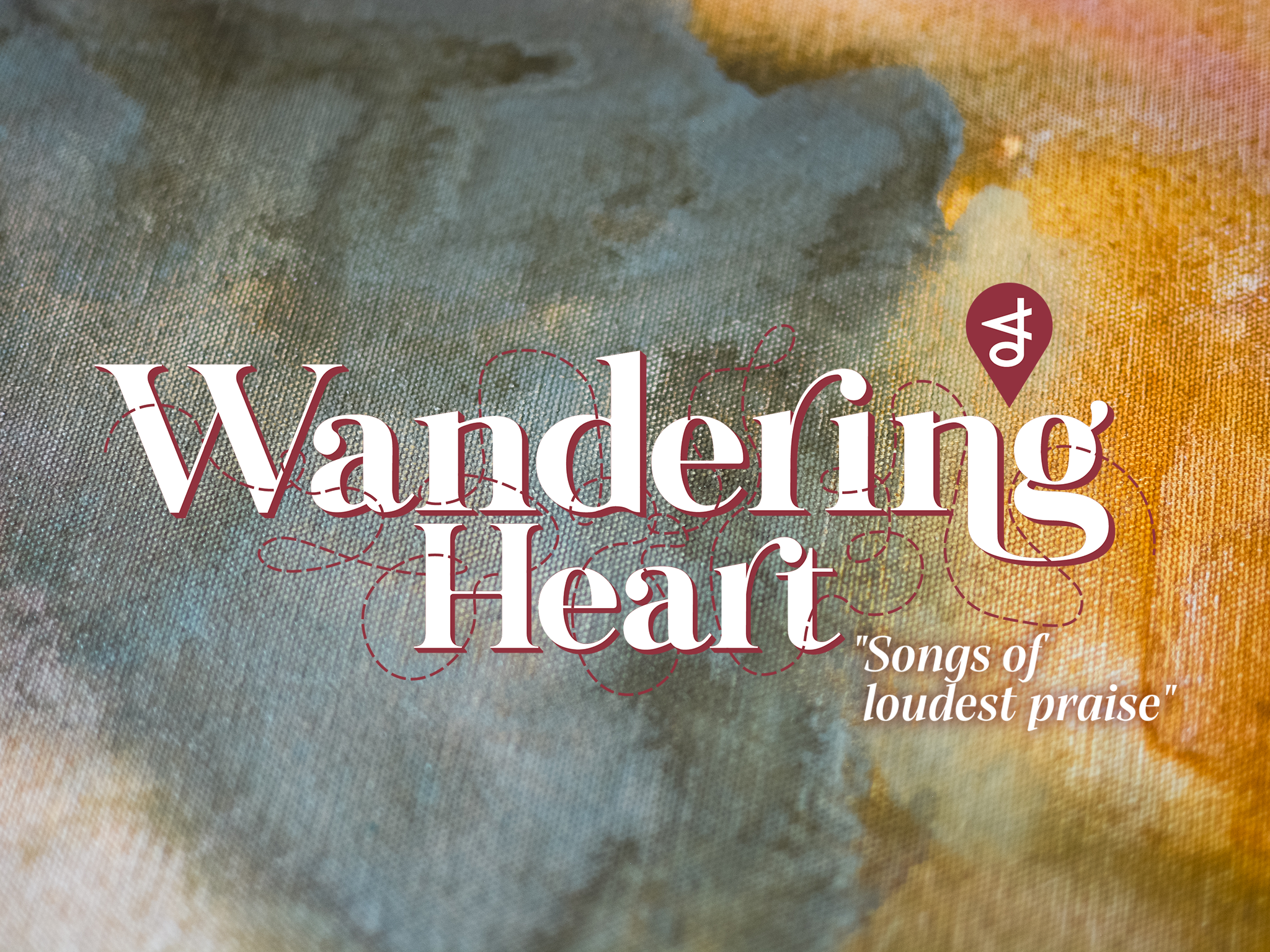
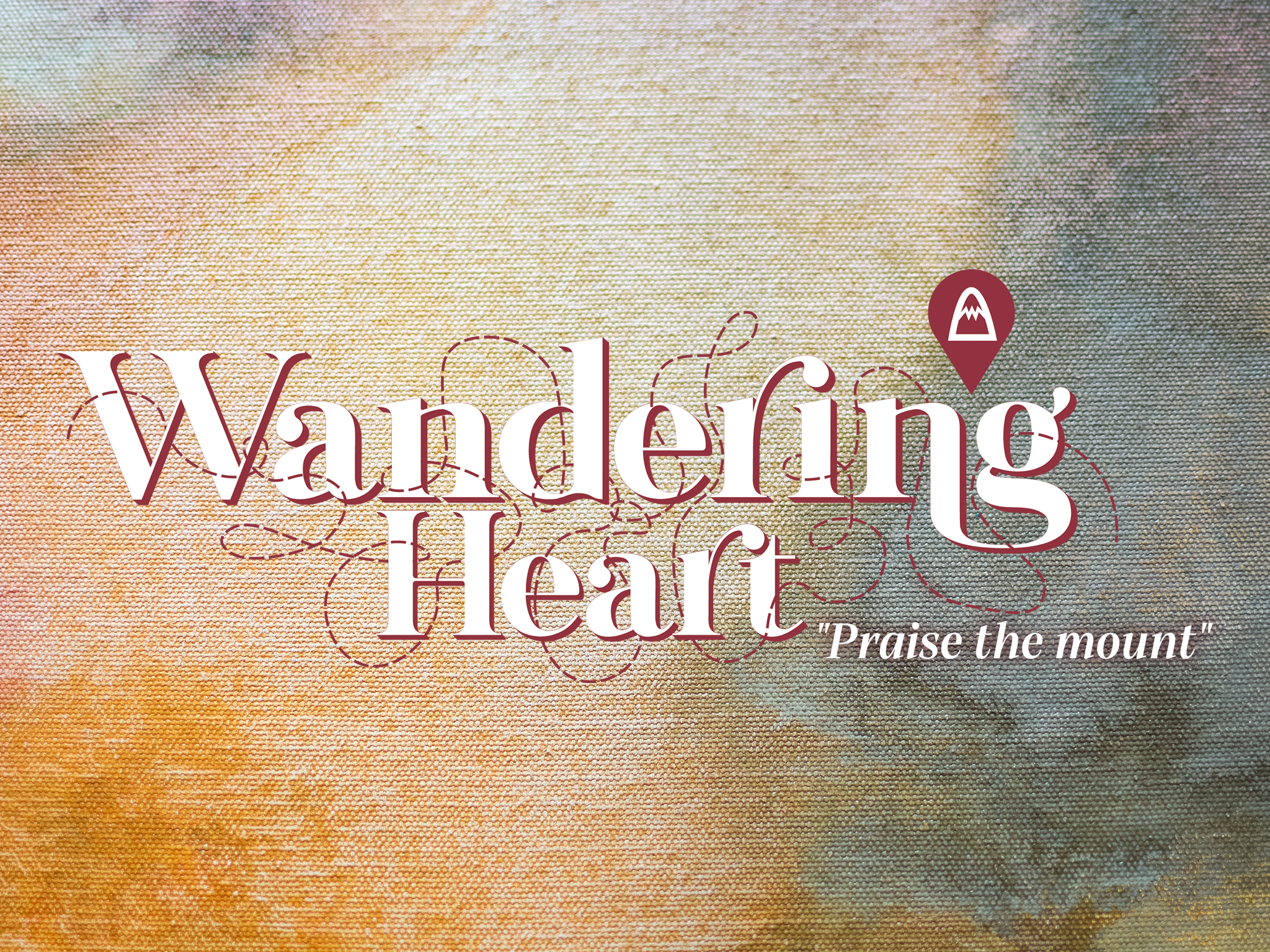
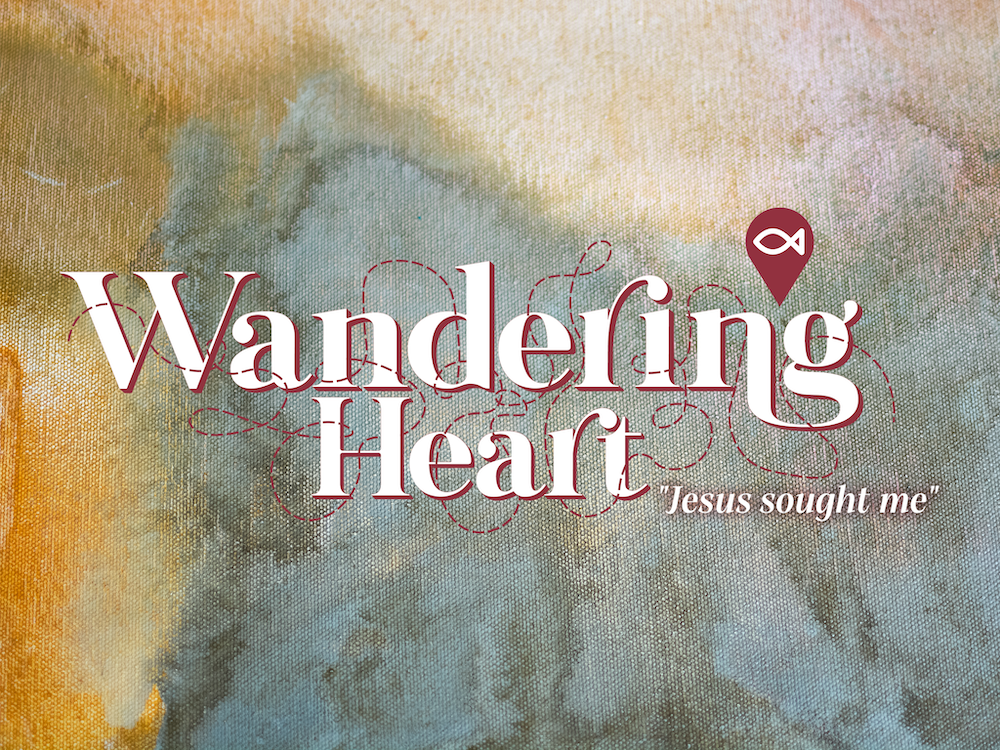
Leave A Comment